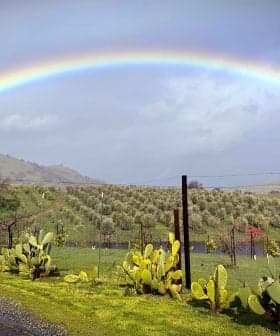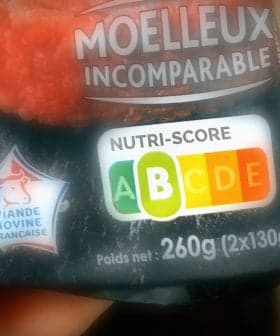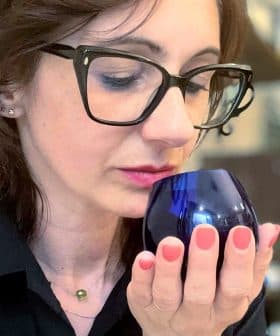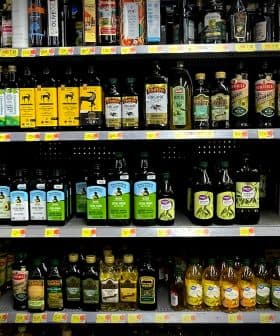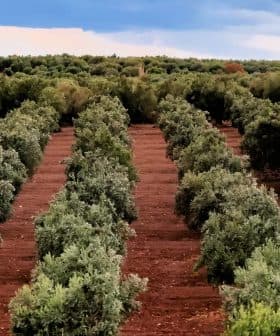Costco Poised for Upturn in U.S. Olive Oil Consumption
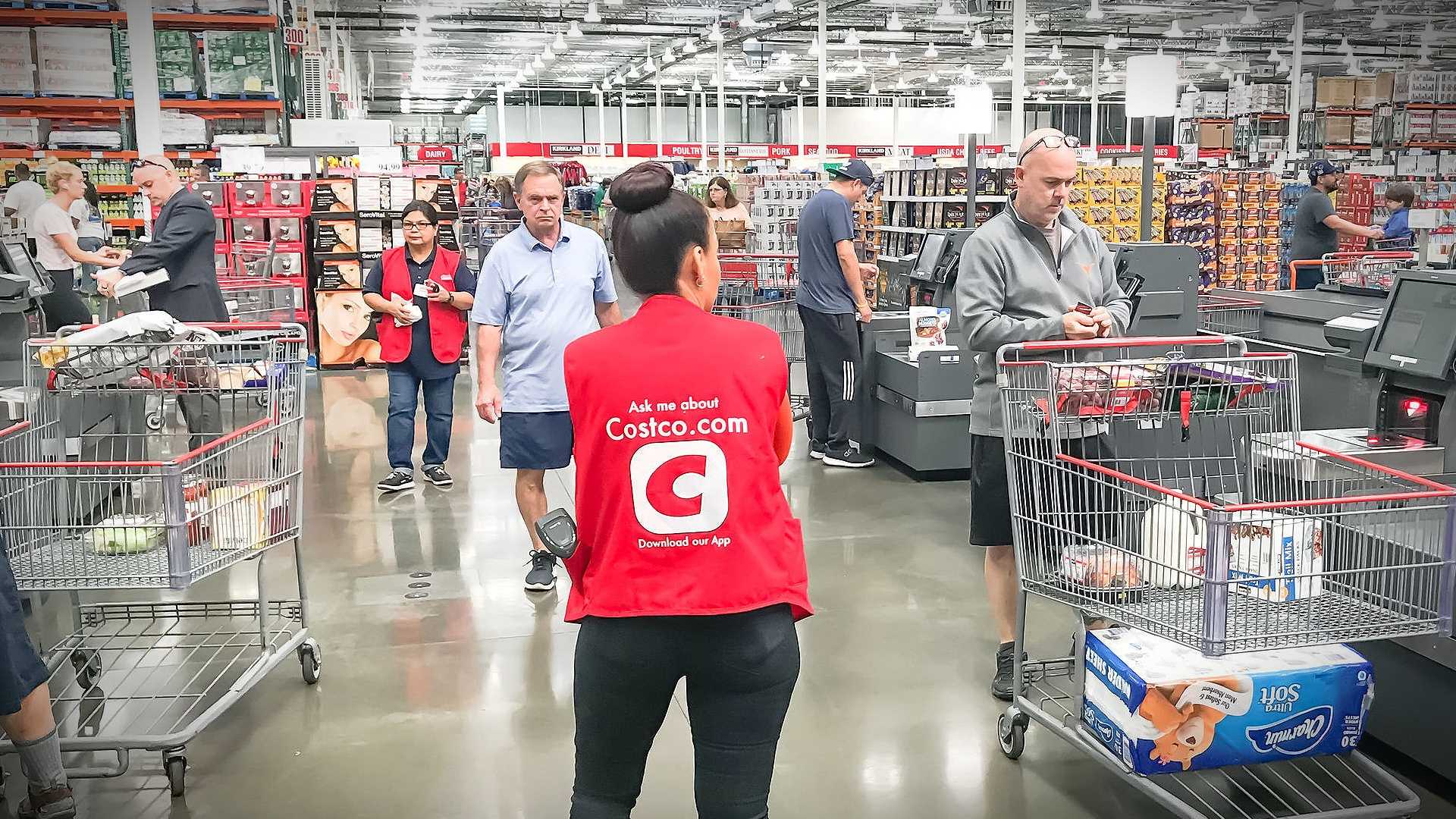
Despite challenges such as the pandemic and tariffs, U.S. olive oil consumption is on the rise, with a projected total of 357,000 tons for the current crop year. Costco’s focus on quality, traceability, and variety in its olive oil offerings has helped boost consumer confidence and drive growth in the market, indicating a trend towards increased consumption of extra virgin olive oil in the U.S.
Despite a once-in-a-century pandemic and a 25-percent tariff on some Spanish olive oil imports, olive oil consumption in the United States continues to climb.
According to data from the International Olive Council, U.S. consumption is expected to reach 357,000 tons in the current 2020/21 crop year. If their estimate is correct, it would be the second-highest total, just behind last year’s record-high of 399,500 tons.
You can definitely see that members are starting to expand their horizons to different types of olive oils.
Since the 2008/09 crop year, the U.S. has been the third-largest global consumer of olive oil, behind Italy and Spain. Consequently, it is a carefully-watched market by producers, bottlers and exporters.
While most U.S. olive oil consumption comes in the form of bulk imports of blended, non-virgin oils destined for the restaurant, hospitality and food manufacturing sectors, evidence suggests the extra virgin category continues to grow.
See Also:Olive Oil is Becoming One of Asia’s Most Popular IngredientsResearch from Fortune Business Insights, a consulting service, suggests that the current dip in olive oil consumption is mostly fueled by lower demand in the restaurant and hospitality sector.
However, growing health concerns, specifically around the immune system, have led to a resurgent interest in healthy oils from individual consumers. The firm expects this trend to continue even after the pandemic has subsided.
Few people in the U.S. are as well-positioned to observe and understand these trends as Lucas Stanuch, Costco’s main olive oil buyer. The membership-based big-box seller is the fourth-largest retailer in the U.S. and fifth largest in the world, with more than 81 million members.
Costco has long stood out for its olive oil range. The company’s Kirkland Signature extra virgin olive oil brand consistently performs well in off-the-shelf tests and independently-administered quality analyses.
“When we’re developing items or some other private label offering, we focus on quality first,” Stanuch told Olive Oil Times. “That means that we’re going to make sure that we understand what the best olive oil is. What makes good olive oil.”
“Then we figure out ways to make it a great value to anybody else out there and we do that by partnering with the right people and obviously, our volume helps us to get to those price points,” he added.
When the company began sourcing its own extra virgin olive oils about 25 years ago, the only offering was a Tuscan oil. Since then, the company has expanded its program with oils sourced from California, Spain, Greece, Tunisia and Portugal, including about 10 different products with protected geographical indicators.
“It’s what we like to call a treasure hunt experience,” Stanuch said. “We think that strategy is the next step when it comes to these SKUs (stock-keeping units). The member never knows what they are going to get.”
“They’re going to find nice Greek olive oil, a Spanish one, a California one,” he added. “They always know they’re going to get something interesting to keep that excitement in that category.”
Costco’s push for traceability in all of its oils also has helped boost consumer confidence.
The company uses a combination of third-party verification via Bureau Veritas and the individual consortia for Protected Designation of Origin and Protected Geographical Indication associations, along with its own investigations into the supply chain to ensure that the content of the bottles is what the label says.
These kinds of traceability efforts help to instill trust in consumers when shopping for extra virgin olive oil. The U.S. olive oil retail sector could more widely adopt them.
“I think [these practices] could be widely adopted,” Stanuch said. “Any retailer who puts effort in can do the same.”
Combined, these practices may be the key to growing the trend of extra virgin olive oil consumption in the U.S. and, if Costco is a bellwether, that trend is certainly taking place.
Stanuch said that olive oil sales had increased since the onset of the COVID-19 pandemic in the U.S. last March as more households sought to stock up on goods.
“You can assume that a lot more people are cooking at home and not eating out, so they’re going to be buying more ingredients,” he said. “Our entire oil category has been doing very well during this time for obvious reasons. The olive oil subcategory has benefited from that.”
While it is difficult to tell how the post-pandemic world will look and what king of eating trends will prevail, the groundwork has been laid for extra virgin olive oil consumption to keep growing in the U.S.
“It is definitely trending upwards. I think as members and customers become more educated in different oils, they naturally start to gravitate toward higher quality products,” Stanuch said. “Our members trust that we’re going to have very good quality oil, so it seems like they’re willing to try those different oils with us.”
Cultivating trust among Costco’s millions of members for its Kirkland Signature brand has helped the company create an olive oil culture and may serve as a template for other large American retailers.
“California olive oil has been very popular lately. Our core SKUs, the organic and 100-percent Italian, have always been popular. Those SKUs have been around a decade or longer.” Stanuch said. “You can definitely see that members are starting to expand their horizons to different types of olive oils.”




